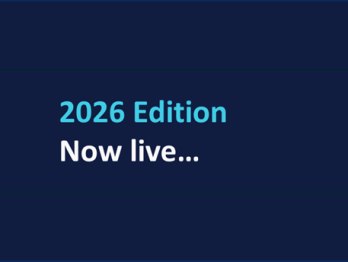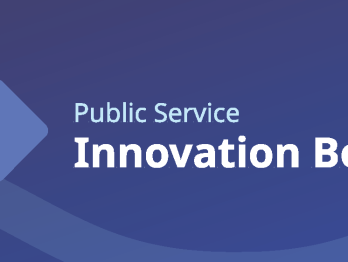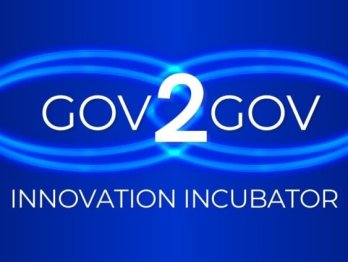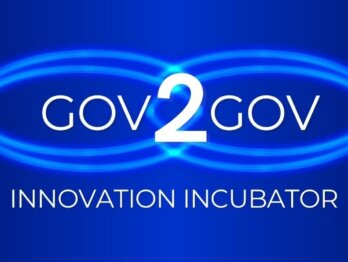Government After Shock – Looking back on 2020 and ahead to 2021

A reflection on a year of crisis and a deliberate start to 2021
While many of us are ready to dive into 2021 and never look back, we can’t race towards “normal”. We are facing a critical juncture where governments must choose to deliberately build on the learnings of this year to be better prepared for the complex future ahead. The Government After Shock event held in November focused on this challenge: reflecting on the implications of the COVID-19 crisis and exploring how governments can rebuild to shape better futures. Our summary report shares insights from this global conversation.
“Going back to normal is the last thing we want, because the normal that we had before was not good enough.”
– Angel Gurría, Secretary General, Organisation for Economic Cooperation and Development
Key Insights on Government After Shock
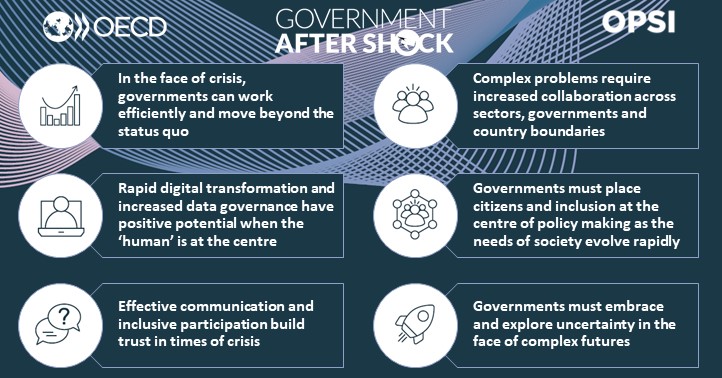
In the face of crisis, governments can work efficiently and move beyond the status quo
Governments have proven that they can innovate, be agile, adapt, act quickly, adopt new technologies, work remotely, collaborate across silos, and move beyond rigid hierarchies. This needs to be supported outside of crisis situations to ensure that innovation is sustained over time.
Complex problems require increased collaboration across sectors, governments and country boundaries
The crisis has united the public, private and civil society sectors, as well as all levels of government around common challenges. It has demonstrated the need for continued cross-sectoral, intergovernmental and international collaboration and has shown the essential role these actors play in the modern policy context. How can this be sustained when the common goal is not as urgent, immediate and obvious as during a crisis?
Effective communication and inclusive participation build trust in times of crisis
Clear, inclusive communication, coupled with active listening, engagement and participation is more important now than ever. Trust between government and society needs to be built over time and sustained and strengthened through times of crisis. How can governments continue to engage more openly with people and involve citizens in decision-making?
“Trust is what makes the difference between the success and un-success of our measures in this time of pandemic crisis. Trust begins with communication, communication and participation.” – Maria de Fátima Fonseca, Secretary of State, Government of Portugal
Rapid digital transformation and increased data governance have positive potential when the ‘human’ is at the centre
Governments and society have “digitised” at an unprecedented rate: this has been a largely positive development but needs to be tempered with an emphasis on the human elements, such as inclusion, respect of privacy concerns, ethical use of data and social connection. How can government be both digital and centre the ‘human’ elements of government?
Governments must place citizens and inclusion at the centre of policy making as the needs of society evolve rapidly
Policy gaps and shifts in the needs and desires of citizens have emerged throughout this year: government needs to invest more in inclusive and sustainable economies, infrastructure and societies and recognise that the priorities of citizens have changed. How can governments ensure that there is a focus on overall well-being instead of goals that should be subordinate: economic growth and efficiency?
Governments must embrace and explore uncertainty in the face of complex futures
This crisis has highlighted the need for new approaches in the face of uncertainty and complex futures. Governments need to use methods that support experimentation, allow for failure, promote continuous learning and openly explore uncertainty. How can governments take a more anticipatory approach?
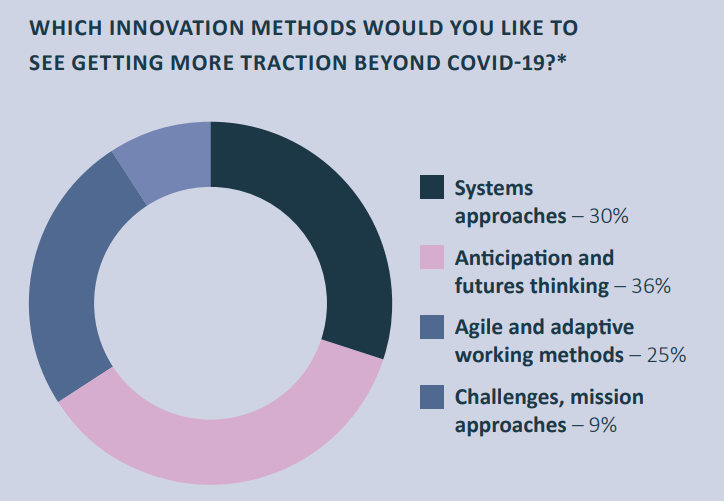
While this represents only a glimpse of the learnings from the COVID-19 crisis, it certainly showcases both the potential of governments, and the challenges that await. 2021 is an opportunity to push for a long-term government transformation as we emerge from a year of crisis. To read more insights on Government After Shock, we invite you to check out our summary report. These insights will contribute to the creation of a Call to Action to ensure the lessons of 2020 are with us as we navigate an uncertain future.

